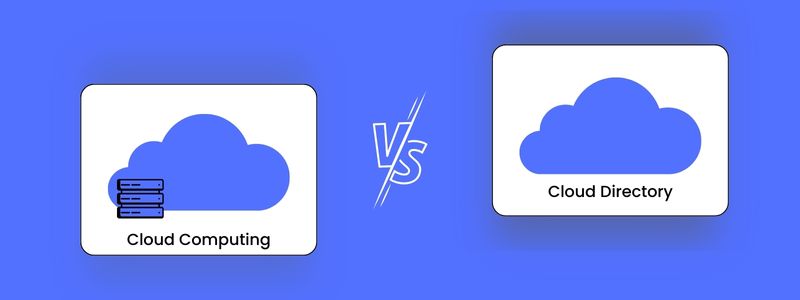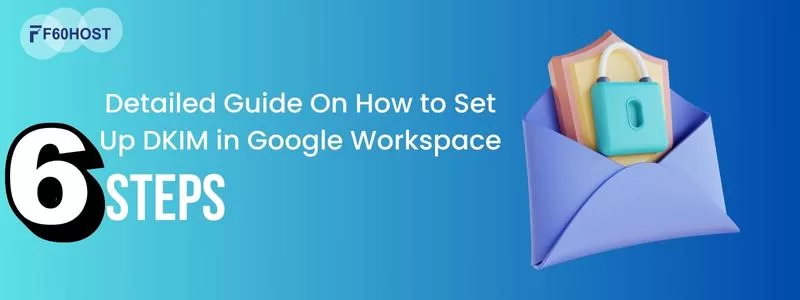Cloud Computing vs Cloud Directory: Key Differences
Cloud Computing and Cloud Directory are the same things, right? I’m sure you’ve heard of it before if you have even a passing familiarity with the internet. However, are you truly aware of what it means?

Introduction: Cloud Computing vs Cloud Directory
Cloud Computing is a delivery model and a set of technologies for enabling ubiquitous, on-demand access to a global network of computers and data. This enables businesses to leverage the power of cloud-based computing resources to reduce costs, increase efficiency and improve performance. Computing also enables businesses to access a global pool of software applications and services that can be used to support various business needs.
Cloud Directory is a directory service that offers a centralized, searchable location for files, contacts, and other information. It’s a web-based application that resides on a public or private cloud to store contact.
What is Cloud Computing?
Cloud computing is a term that refers to the use of remote servers to store, manage, and process data. The data is stored on a network of servers, which are typically located in data centers. These servers are usually owned and operated by a third-party provider, such as Amazon Web Services or Microsoft Azure.
It has become increasingly popular in recent years, as businesses have begun to realize the many benefits it offers. For example, computing can help businesses save money on IT infrastructure costs, as they only need to pay for the resources they use. Additionally, it can also improve scalability and disaster recovery, as businesses can quickly add or remove resources as needed.
If you’re considering moving your business to the cloud, be sure to do your research and choose a reputable provider.
What is Cloud Directory?
A cloud directory is a cloud-based identity management solution that enables organizations to manage users, devices, and applications from a central location. It provides a single point of control for all of an organization’s identity and access management needs, making it an essential component of any cloud infrastructure.
Cloud directories are typically used to store and manage large amounts of user data, making them an ideal solution for organizations with large numbers of employees or customers. They are also often used to provide single sign-on (SSO) capabilities, which allow users to access multiple applications with a single set of credentials.
To get a brief explanation of What is Cloud Directory? How Does It Work? check out our blog.
The Difference Between Cloud Computing and Cloud Directory
Cloud computing and cloud directory are used interchangeably, but they are two different things. It is a type of computing where resources are delivered over the internet. This includes things like storage, servers, and applications. A directory, on the other hand, is a type of database that stores information about users and resources in a centralized location.
So what’s the difference? Well, computing is a type of computing that can be used to store, process, and manage data and a directory is a database that stores information about users and resources. Both have their own distinct advantages and can be used in different ways to further your business.
Related: What is Multi-cloud? A Simplified explanation
Conclusion
They both have their own strengths and weaknesses, but when used together they can provide a powerful solution.
Computing is used to save large amounts of data quickly and easily. It can also be used to store data remotely, which can be useful in cases where access to the data is limited. Directory Services, on the other hand, can be used to manage and organize information. They can also be used to keep track of who has access to which files.
Overall, computing and directory services are two important technologies that can be used together to create powerful solutions.
Hope you liked our blog on Cloud Computing VS Cloud Directory, Stay tuned for more such content.
If you have any quires reach out on @f60 host.



